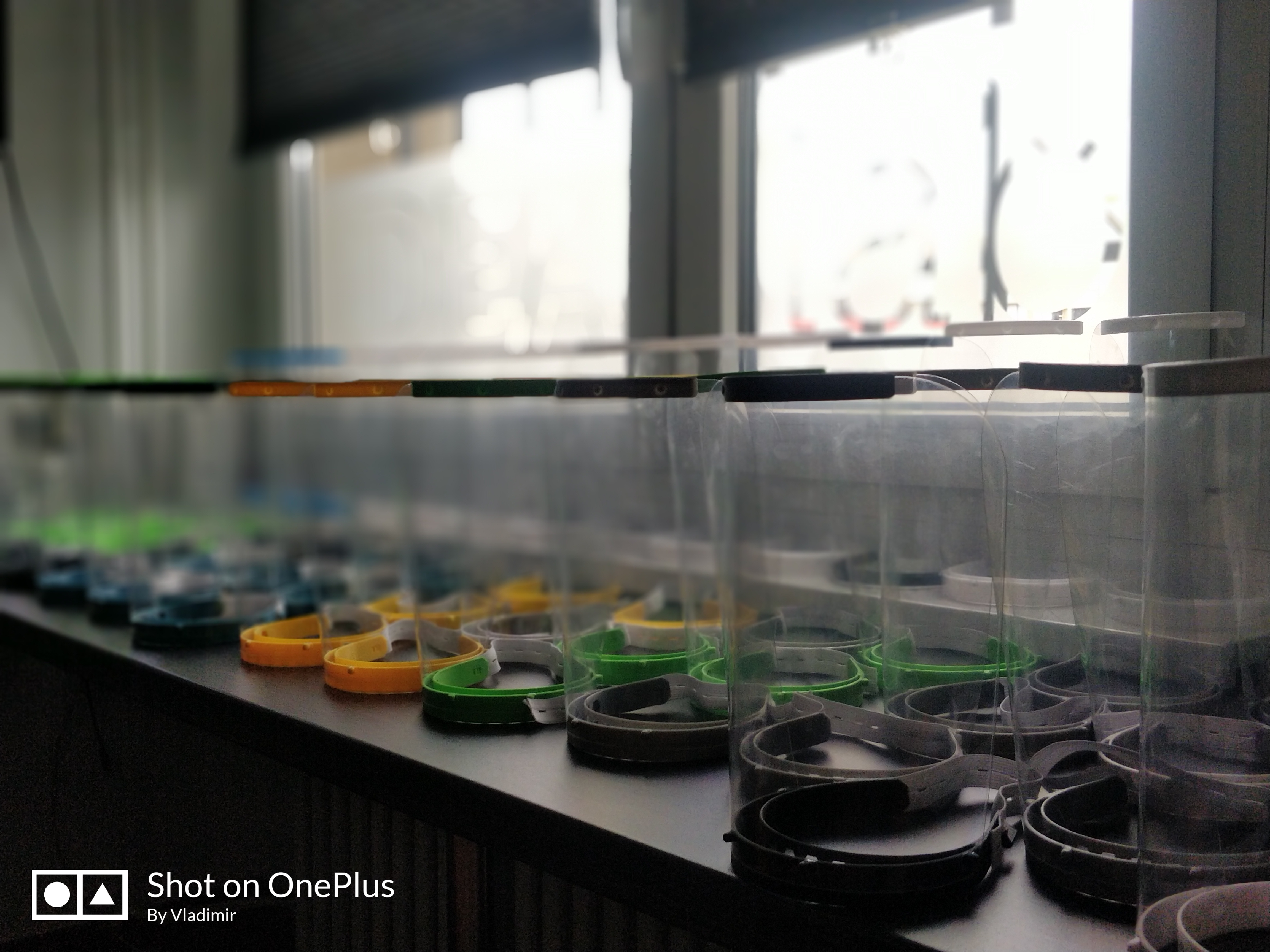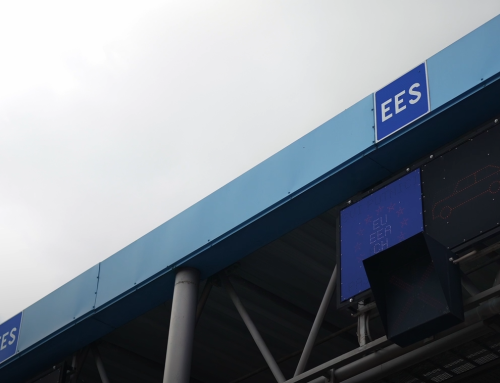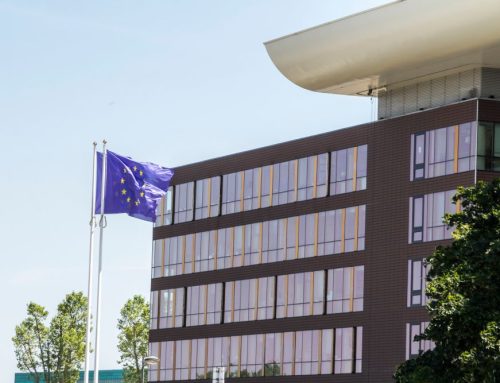“We produce and deliver around 100 face shields for medical workers across Vojvodina,” says Professor Vladimir Todorović, manager of Idea Laboratory (iDEAlab) the University in Novi Sad.
Inspired by the story about 3D-printed protective equipment provided to Italian hospitals in the worst COVID-19 hotspots, iDEAlab has decided to offer assistance to the Clinical Center of Vojvodina at a crucial time for medical personnel.
iDEAlab immediately started printing face shields used as covers, protecting their faces from droplet transmission of the virus. What’s more, these face shields can be disinfected and used multiple times.
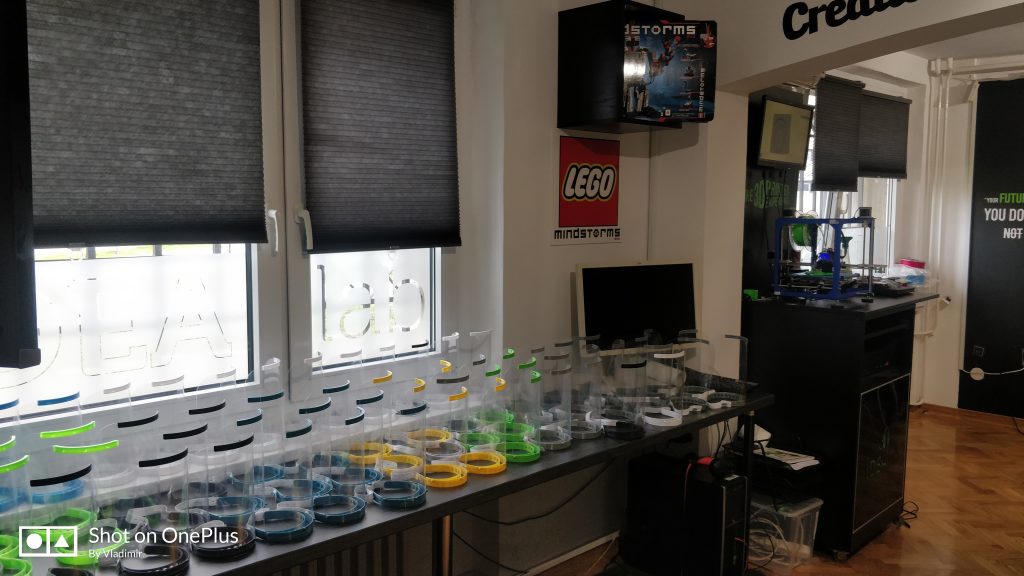 “We are producing our face shields using the FDM printing technique. At the moment, our team can produce and deliver around 100 face shields a day, covering the needs of medical staff across Vojvodina, “Professor Todorović notes.
“We are producing our face shields using the FDM printing technique. At the moment, our team can produce and deliver around 100 face shields a day, covering the needs of medical staff across Vojvodina, “Professor Todorović notes.
The 3D printers – which have proven to be extremely useful in this particular situation – were purchased through, among others, various European Union-funded projects. iDEAlab’s team from Novi Sad was one of the first to join the production of face shields for medical workers.
iDEAlab was set up within a Tempus project called “Fostering students’ entrepreneurship and open innovation in university-industry collaboration (iDEALab),” funded by the European Union.
iDEAlab helped to lift the “Serbia’s Visionaries” project off the ground and was soon joined by several other business incubators and science and technology parks. The development and capacity enhancement of said business incubators and science and technology parks is supported by the European Union, primarily through EUPRO and EUBID projects. Currently, there are over 60 participants in the project, including companies, teams, and individuals. Apart from face shield printing, startups that are being developed in business incubators and science and technology parks are also trying to put forward other innovative ideas to make the fight against #COVID19 easier.
“iDEAlab was set up as part of an EU project. Right now, we are using all of the equipment to produce face shields for medical and healthcare personnel that gets face shields produced using 3D printers which are acquired through the European Commission project,“ Professor Todorović adds.
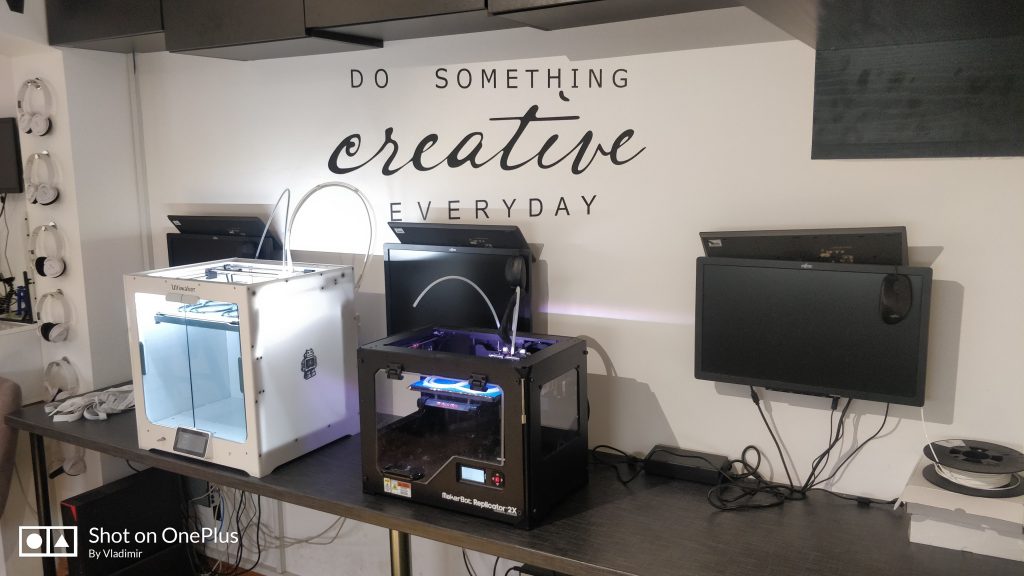 The number of individuals and companies who are deciding to join the project grows larger by the day. They created a Facebook group, “Serbia’s Visionaries,“ where people who wish to contribute can join the effort. The number of those participating in iDEAlab’s activities is also on the rise, thanks to the network of associates set up during the initial Tempus project.
The number of individuals and companies who are deciding to join the project grows larger by the day. They created a Facebook group, “Serbia’s Visionaries,“ where people who wish to contribute can join the effort. The number of those participating in iDEAlab’s activities is also on the rise, thanks to the network of associates set up during the initial Tempus project.
EU-supported Tempus project ran for three years and was implemented together with partners from Bosnia and Herzegovina and Montenegro as well as 18 partner scientific institutions, startup, and tech companies from Serbia and the EU. The project was aimed at creating and equipping iDEAlab and turning it into a place where ideas and technological solutions can thrive.
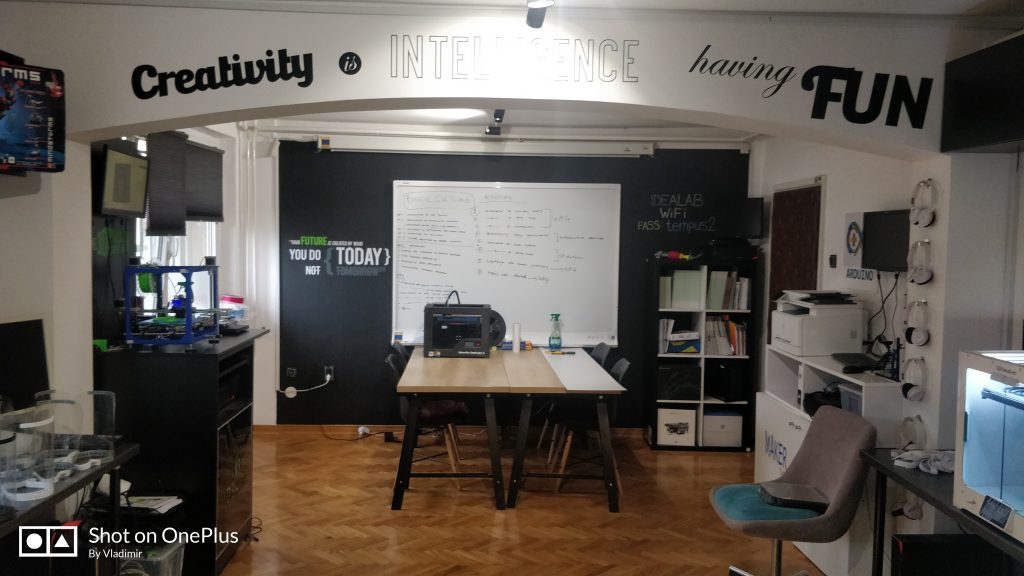 Horizon 2020 is the European Union’s framework program for research and innovation. It has a budget of over €77 billion for the 2014-2020 period in addition to the private investment this money will attract. Horizon 2020 is available to any natural or legal person in EU and associated countries, including Serbia, which joined the programme in July 2014.
Horizon 2020 is the European Union’s framework program for research and innovation. It has a budget of over €77 billion for the 2014-2020 period in addition to the private investment this money will attract. Horizon 2020 is available to any natural or legal person in EU and associated countries, including Serbia, which joined the programme in July 2014.
Srbija has thus far received 311 projects within Horizon 2020, totalling €102,6 million. Horizon 2020 will be replaced with a new long-term financing programme in the area of research and innovation – Horizon Europe due to start on 1 January 2020.
The European Union supports Serbia’s participation in Horizon 2020 and will continue to do so through Horizon Europe via Support for Participation in EU Programmes, which provides potential applicants with the necessary support to draw up projects for any of the EU programmes available in Serbia.

